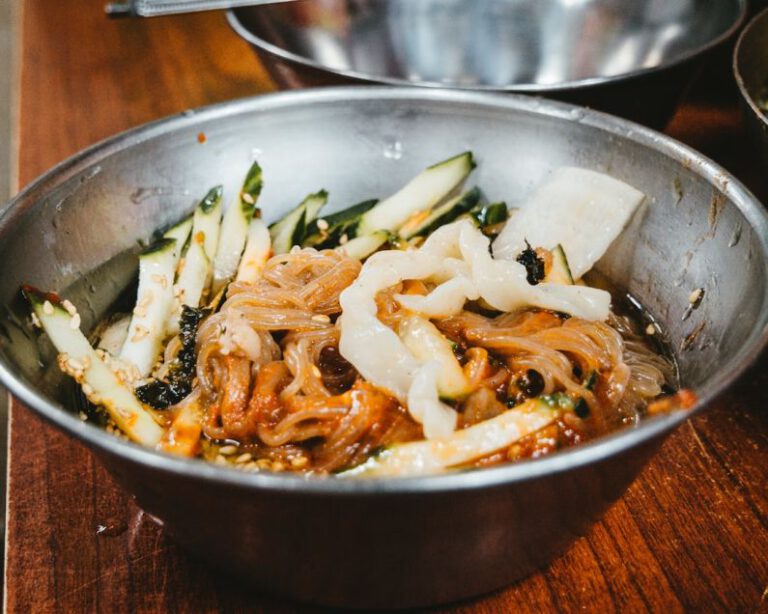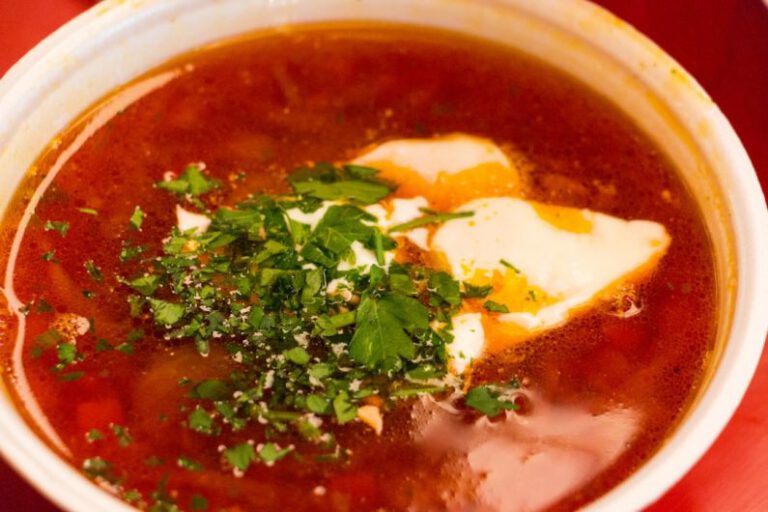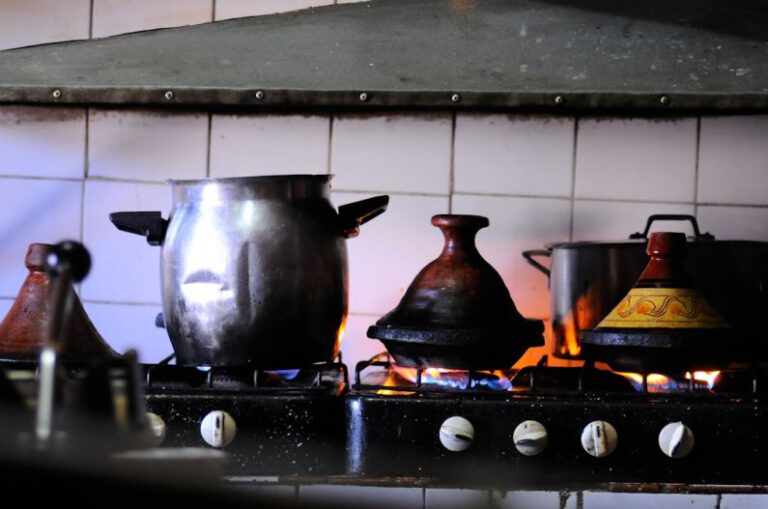What Are the Secrets of Middle Eastern Cooking?
Middle Eastern cuisine is renowned for its exotic flavors, aromatic spices, and centuries-old culinary traditions. The region’s rich history and diverse cultures have given rise to a vibrant tapestry of dishes that continue to captivate food enthusiasts worldwide. From the savory kebabs of Turkey to the fragrant tagines of Morocco, Middle Eastern cooking is a celebration of bold flavors and intricate techniques. But what are the secrets behind this enticing cuisine that make it so irresistible to the palate?
A Symphony of Spices
At the heart of Middle Eastern cooking lies a treasure trove of spices that lend depth and complexity to dishes. From the warm notes of cinnamon and nutmeg to the fiery kick of cumin and paprika, these aromatic gems are the key to unlocking the flavors of the region. One of the secrets of Middle Eastern cooking is the artful blend of spices in perfect harmony, creating a symphony of flavors that dance on the taste buds.
The use of spices is not just about adding heat or flavor; it is about creating a balance that enhances the overall dish. Each spice has its own unique identity and purpose, whether it’s to add warmth, sweetness, or a subtle hint of bitterness. The magic happens when these spices come together, creating a depth of flavor that is both complex and harmonious.
From the tangy sumac used in Lebanese cuisine to the earthy za’atar of Palestinian dishes, each spice tells a story of the region it comes from. The secret lies in knowing how to use these spices judiciously, allowing each one to shine while complementing the others. It’s a delicate dance that requires skill and intuition, but when done right, the results are nothing short of spectacular.
Fresh Ingredients and Bold Flavors
Another secret of Middle Eastern cooking is the emphasis on fresh, high-quality ingredients. From ripe tomatoes and fragrant herbs to succulent meats and tender vegetables, the key to a delicious Middle Eastern dish lies in the freshness of its components. The region’s cuisine celebrates the natural flavors of ingredients, allowing them to take center stage in each dish.
Whether it’s the juicy lamb of a Persian kebab or the vibrant colors of a mezze platter, Middle Eastern cooking is all about bold flavors that speak for themselves. The secret lies in letting the ingredients shine, using simple preparations that highlight their natural goodness. It’s a cuisine that respects the integrity of each ingredient, allowing them to come together in perfect harmony on the plate.
Techniques Passed Down Through Generations
One of the most intriguing secrets of Middle Eastern cooking is the use of traditional techniques that have been passed down through generations. From the slow-cooking methods of a Moroccan tagine to the intricate pastry work of Turkish baklava, these techniques are a testament to the skill and dedication of Middle Eastern cooks.
Many dishes in the region require time and patience to prepare, whether it’s the slow simmering of a rich stew or the labor-intensive process of making filo dough by hand. The secret lies in the attention to detail and the love that goes into each dish, ensuring that every bite is a taste of tradition and history.
The art of marinating meats for hours, the delicate balance of sweet and savory flavors, the meticulous layering of phyllo pastry – these are just a few examples of the techniques that make Middle Eastern cooking so special. It’s a cuisine that honors the past while embracing the present, a testament to the enduring legacy of culinary traditions that have stood the test of time.
A Culinary Tapestry of Creativity
Middle Eastern cooking is not just about following recipes; it’s about creativity and innovation. The region’s cuisine is a culinary tapestry woven from a myriad of influences, from Persian and Ottoman to Arab and North African. The secret lies in the ability to draw inspiration from these diverse traditions while adding a personal touch that makes each dish unique.
From the fusion of flavors in a Lebanese fattoush salad to the unexpected pairing of sweet and savory in a Moroccan tagine, Middle Eastern cooking is a playground for the creative cook. The key is to experiment with flavors, textures, and techniques, pushing the boundaries of tradition while respecting the roots of the cuisine.
Conclusion: A Feast for the Senses
In conclusion, the secrets of Middle Eastern cooking lie in a harmonious blend of spices, fresh ingredients, traditional techniques, and boundless creativity. It’s a cuisine that tantalizes the taste buds, evokes memories of distant lands, and celebrates the rich tapestry of cultures that make up the region. To truly experience the magic of Middle Eastern cooking is to embark on a culinary journey unlike any other, where every dish tells a story and every bite is a feast for the senses.






